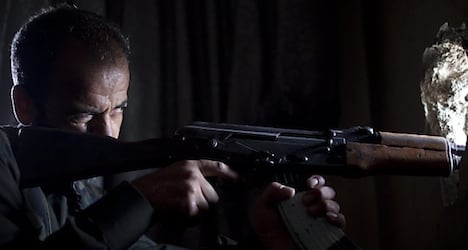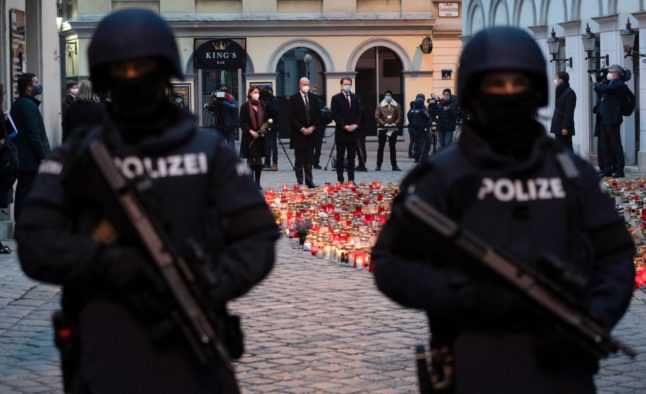According to the daily Austrian newspaper Kurier, the government officials fear revenge attacks as a result of the arrests they ordered of several suspects, including the Bosnian self-style imam known as Abu Tejma.
As a result of these concerns, they have requested anonymity in public reporting of proceedings.
The newspaper also reported that the Association of Prosecutors held a meeting on Monday, during which they appealed to Justice Minister Wolfgang Brandstetter, of the conservative Austrian People's Party (ÖVP), to keep quiet all names of prosecutors associated with similar cases.
The association chairman Gerhard Jarosch said that their fear was not directly caused by any known Islamist organizations, but rather from lone wolf individuals who may act in sympathy with their co-religionists.
Such individuals might become incited to violence when it becomes known which prosecutors had been involved in the arrests of the suspected jihadists.
The prosecutor from Graz, who ordered the detention of 14 terror suspects at the end of November, is under strict police protection, according to the Kurier. His name has been withheld for safety reasons.



 Please whitelist us to continue reading.
Please whitelist us to continue reading.
Member comments